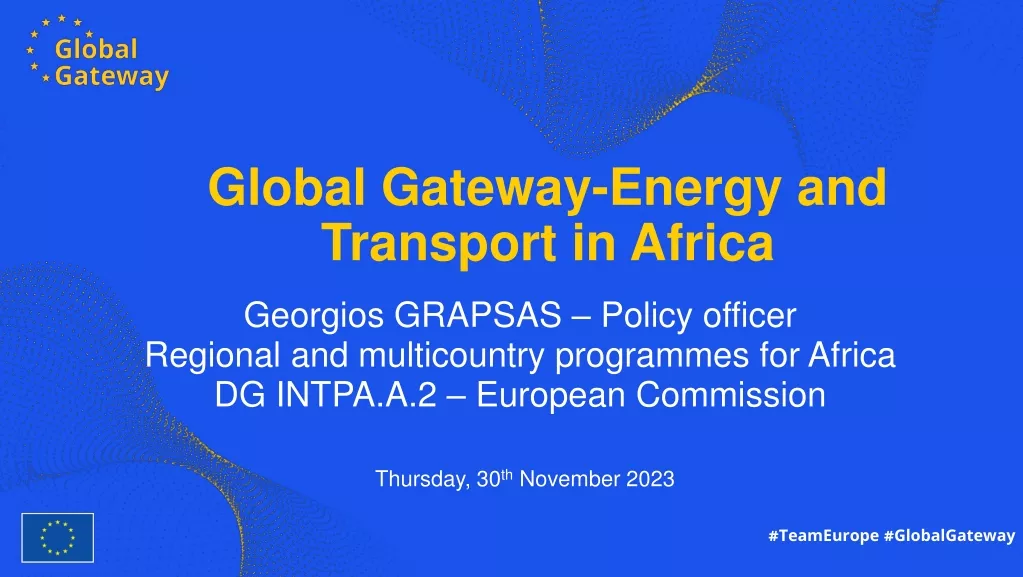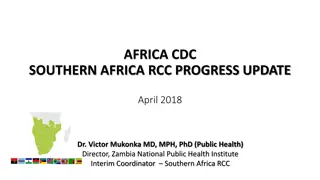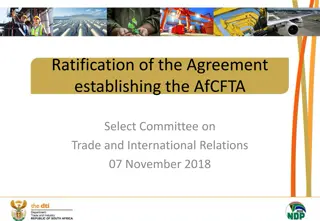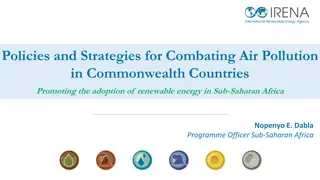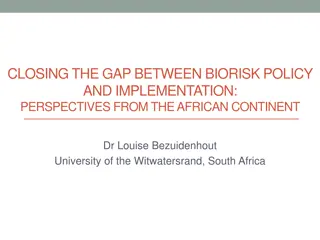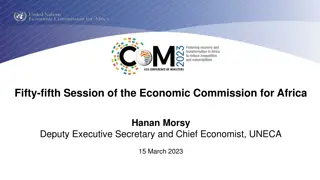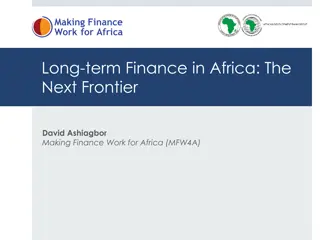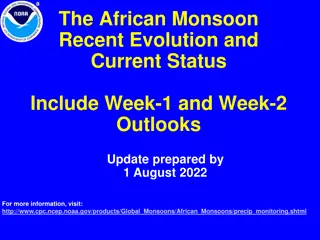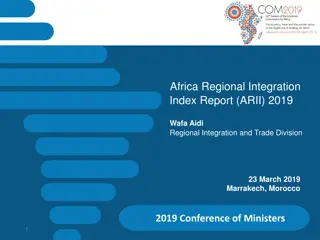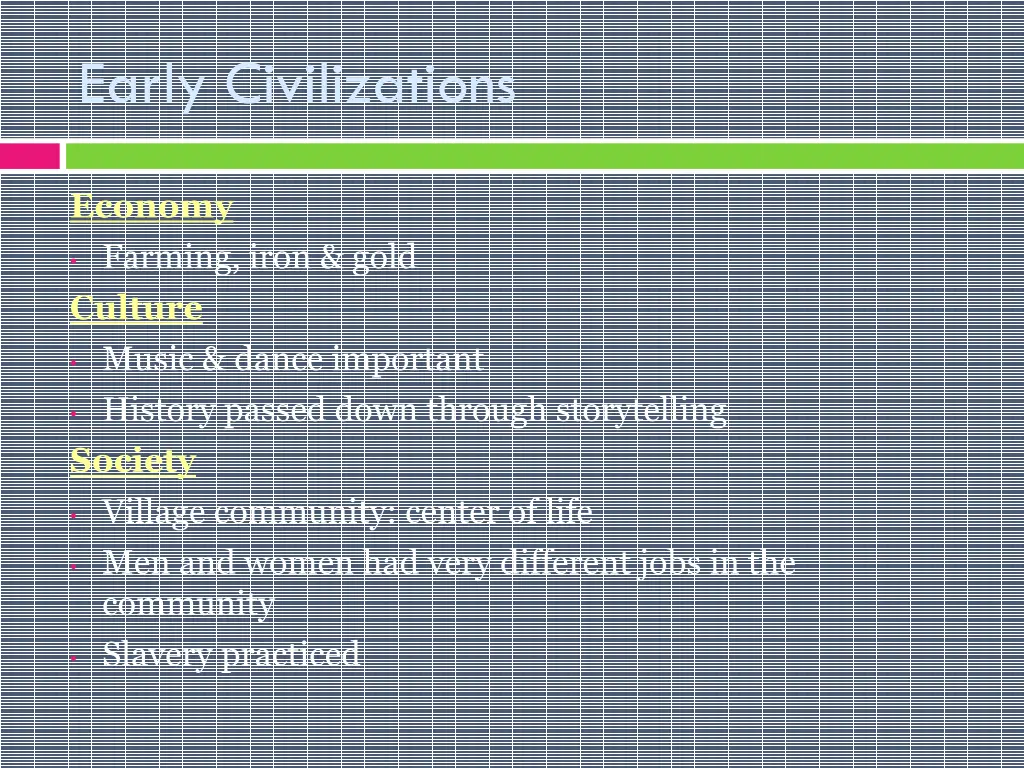
Early Civilizations and the Impact of European Colonization in Africa
Explore the economy, culture, and society of early civilizations with a focus on farming, music, storytelling, and more. Learn about the Scramble for Africa, the Berlin Conference, Apartheid in South Africa, and Nelson Mandela's fight for freedom. Witness the transformation of Africa's culture and regions over time, culminating in the first racially democratic election in 1994.
Download Presentation

Please find below an Image/Link to download the presentation.
The content on the website is provided AS IS for your information and personal use only. It may not be sold, licensed, or shared on other websites without obtaining consent from the author. If you encounter any issues during the download, it is possible that the publisher has removed the file from their server.
You are allowed to download the files provided on this website for personal or commercial use, subject to the condition that they are used lawfully. All files are the property of their respective owners.
The content on the website is provided AS IS for your information and personal use only. It may not be sold, licensed, or shared on other websites without obtaining consent from the author.
E N D
Presentation Transcript
Early Civilizations Economy Farming, iron & gold Culture Music & dance important History passed down through storytelling Society Village community: center of life Men and women had very different jobs in the community Slavery practiced
Scramble for Africa 1881-1914 European Nationalism Missionary Activity Industrial Revolution Markets for Finished Goods Why did Europeans want to Colonize Africa? God, Glory & Gold Military & Naval Bases Source For Raw Materials Places to Dump Unwanted/ Excess Population European Racism Social & Economic Opportunities Humanitarian Reasons White Man s Burden Social Darwinism
Berlin Conference 1884 Europeans met in and drew in boundary lines creating new countries. Not a single African was asked for their input. boundaries combined people of different ethnic groups, religions, culture. Caused more than 100 years of fighting that continues today. https://www.youtube.com/watch? v=PvpDuNIBTKc
Africa Culture Regions Today Does it match current country borders?
Apartheid in South Africa 1948-1994: Apartheid (legal segregation) enforced by the white/British (Afrikaner) gov t in South Africa Nelson Mandela on his 90th birthday in 2008.
Nelson Mandela was jailed for 27 years in his fight against apartheid
He lived to vote in the first racially democratic election .1994
And become president of South Africa South African President Nelson Mandela, center, flanked by his two deputy presidents, Thabo Mbeki, left and F.W. de Klerk, right, celebrate the new constitution, May 8, 1996.
South Africa Post(after)Apartheid Apartheid has ended but racism still exists. Whites still wealthier & enjoy a standard of living similar to that of the most developed countries. Unemployment, AIDS, lack of housing, poverty and crime are the major problems today.
Rwanda Hutu-Tutsi Genocide Belgian colonists favored Tutsi tribe. Divided into tribes based on looks. Tutsi believed to be of European descent (lighter skin, taller, larger skulls) Tutsi given better jobs, Hutu treated poorly April 1994 - July 1994 the Hutu started killing Tutsi Hutu goal: Kill off ALL of the Tutsi (genocide) the world watched and did nothing to stop the Hutu 100 days Over 1 million people dead/ 20% of the country s population (men, women, children) https://www.youtube.com/watch?v=pl-9YfTNK_o

